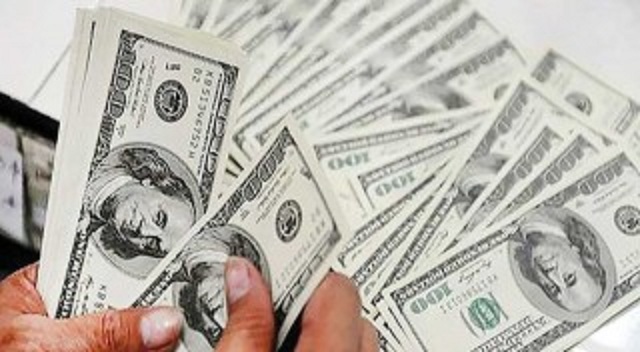Bangladesh has been touted as a good destination for foreign direct investment, but the potentiality has remained unexplored allowing its peer countries to seize the opportunities, officials said.
Economists said the country’s overall investment environment depending heavily on good governess, accountability and transparency was not conducive to attract FDI, a much-needed criteria to attain the UN prescribed sustainable development goals by 2030.
They also noted that falling investment by the local entrepreneurs over a long period was also giving negative signals to the foreign investors.
The seventh fifth-year plan concluded in June had targeted increased inflow of FDI to 3 per cent of gross domestic product from 1 per cent of GDP against the backdrop of improvement in electricity generation and absence of traditional political violence and frequent ‘hartals’.
But half of the projected target was not achieved as the inflow of FDI was $9.5 billion in the first four years until 2019, including $3.61 billion in 2018, thanks to $1.5 billion acquisition of Akij Group’s United Dhaka Tobacco by Japan Tobacco.
The provisional data on FDI to Bangladesh in 2019 showed that FDI flow slumped to $1.6 billion while the amount in 2016 and 2017 was slightly more than two billion dollars.
Former Bangladesh Bank governor Salehuddin Ahmed said that problem like corruption in absence of good governance had been affecting the prospect of higher inflow of the FDI to the country.
Besides, lack of accountability and transparency were the other negative factors, he said.
‘At least three years are needed for Bangladesh to settle an FDI proposal, which is three times longer than in Vietnam and Singapore,’ he noted.
Economists said Bangladesh had been lagging behind in attracting FDI compared to its competitors like Vietnam and its South Asian neighbours despite its abundant workforce and tariff concession in major market like the European Union.
According to the World Investment Report 2020 of the United Nations Conference on Trade and Development, India attracted $51 billion FDI in 2019, a 20 per cent increase, with most of the investments being in information and communication technology as well as construction industry.
FDI to Pakistan increased from $1.7 billion in 2018 to $2.2 billion in 2019, and the country’s total FDI stock stood at $34.8 billion at the end of 2019.
FDI inflows to Maldives increased to $565 million in 2019 from $539 million in 2018, the FDI inflows to Nepal increased from $67 million in 2018 to $185 million in 2019 and Bhutan attracted $7 million in 2019 from $6 million in 2018.
Former caretaker government adviser Mirza Azizul Islam said that the rule of law and control of corruption as part of the good governance always mattered to the foreign investors.
The country’s score on the World Bank’s index on governance based on voice and accountability, political stability and absence of violence, government effectiveness, regulatory quality, rule of law and control of corruption was below 25 per cent on an average until 2018, much lower than the global average.
Bangladesh was ranked 14th among the most corrupt countries, according to the Global Corruption Perception Index 2019 by the Berlin-based Transparency International.
Bangladesh improved by one notch from the previous year but its score was still 26 on 100.
Payment of bribe for documenting the export and import consignments was nothing new, said Mirza Aziz.
Economists said Vietnam and even Cambodia has been doing very well in attracting the FDI.
Vietnam’s FDI inflows in 2019 amounted to $16.1 billion, an increase from the previous year $15.5 billion in 2018, thanks to its market-oriented policies under its Doi Moi (renovation or reform) programme in the 1980s.
The total FDI stock of Vietnam reached $161 billion in 2019, compared to Bangladesh’s $18.7 billion at the end of the 2028-19.
According to the World Investment Report 2020 of the United Nations Conference on Trade and Development, Sri Lanka is the other country in this region that saw negative growth in the FDI like that of Bangladesh.
In 2019, Sri Lanka faced worst-ever terrorist attacks when 300 people lost their lives after eight bombs exploded in and around the capital Colombo, targeting three churches and three luxury hotels.
But Bangladesh did not face any major political disturbance that could bring down the FDI flow, said Centre for Policy Dialogue distinguished fellow Mustafizur Rahman.
In 2019, Bangladesh advanced eight steps to the 168th rank among 190 countries in the global index of doing business of World Bank, but was behind all South Asian neighbours except Afghanistan.
Acknowledging the country’s improvement, the WB said that Bangladesh ranked next to last globally on enforcing contracts indicator and 184 out














